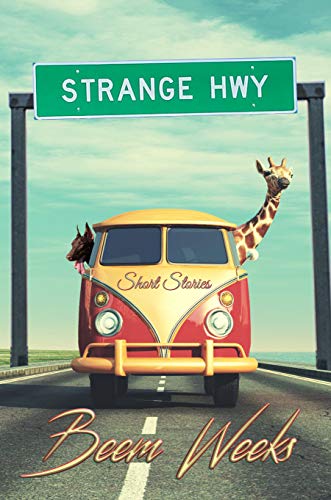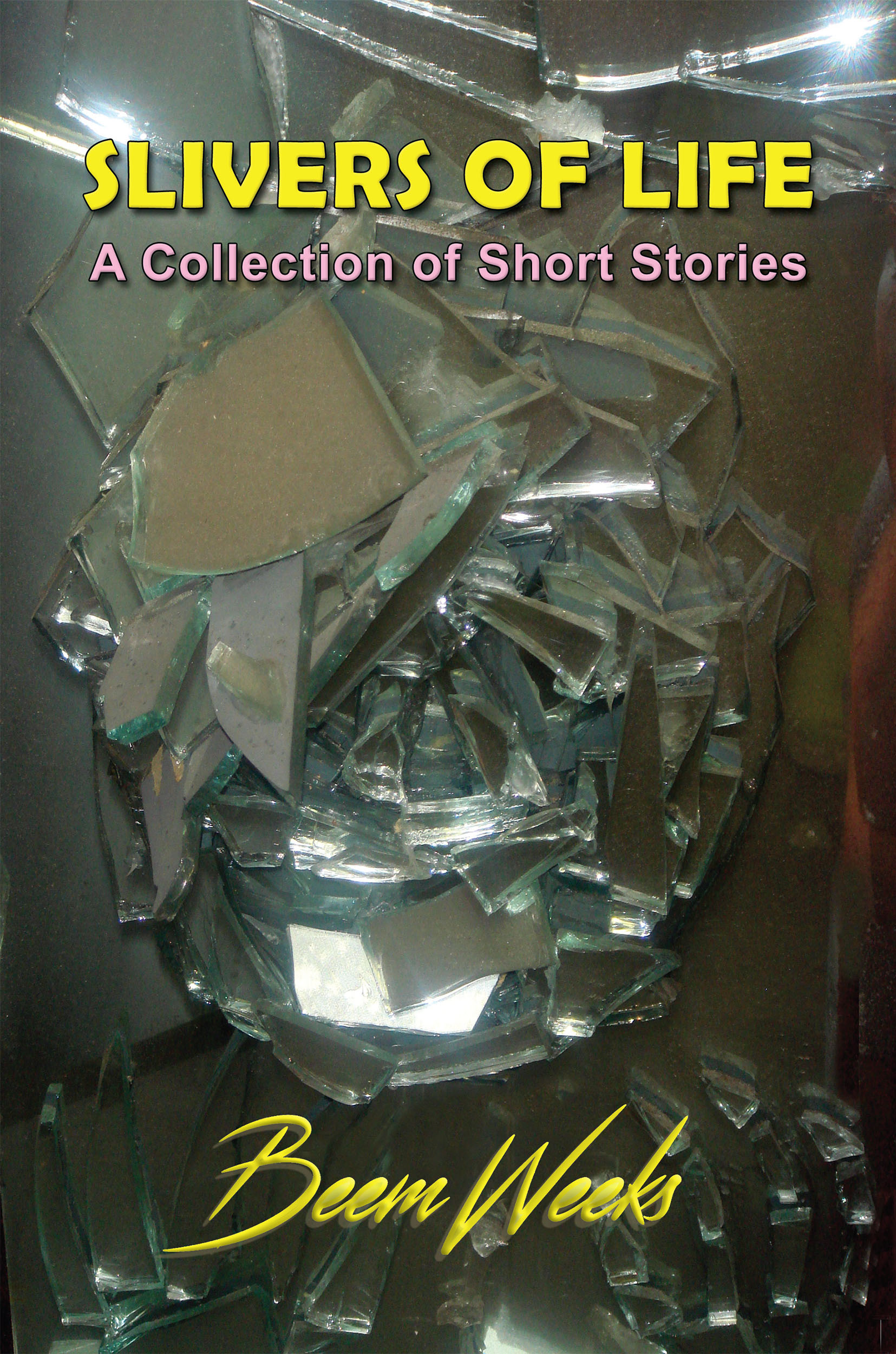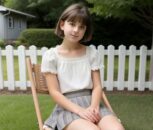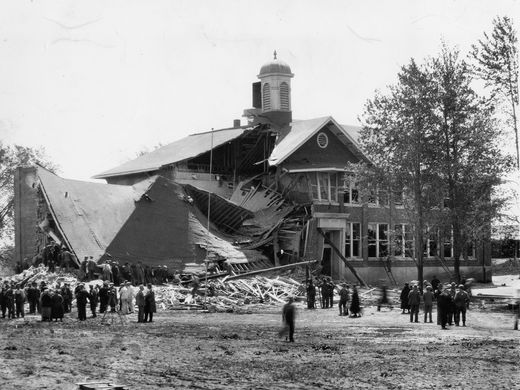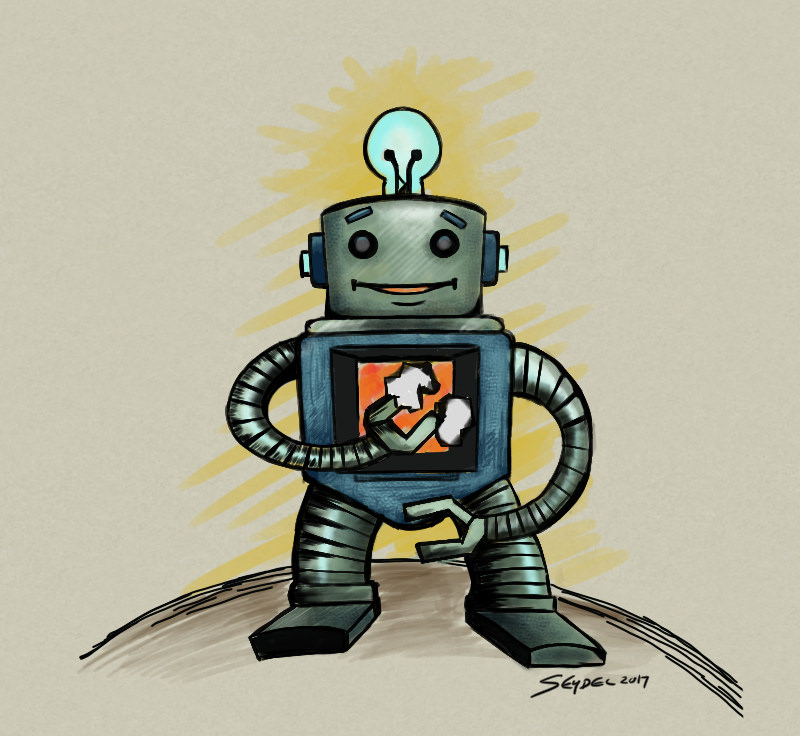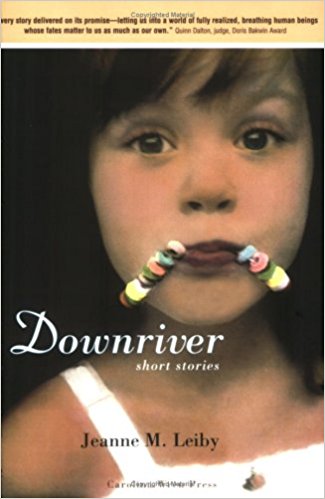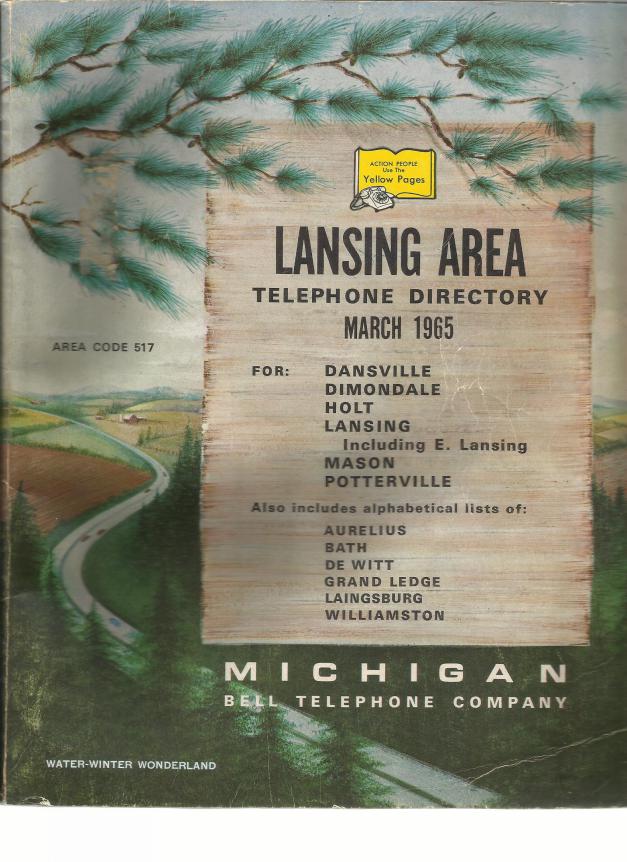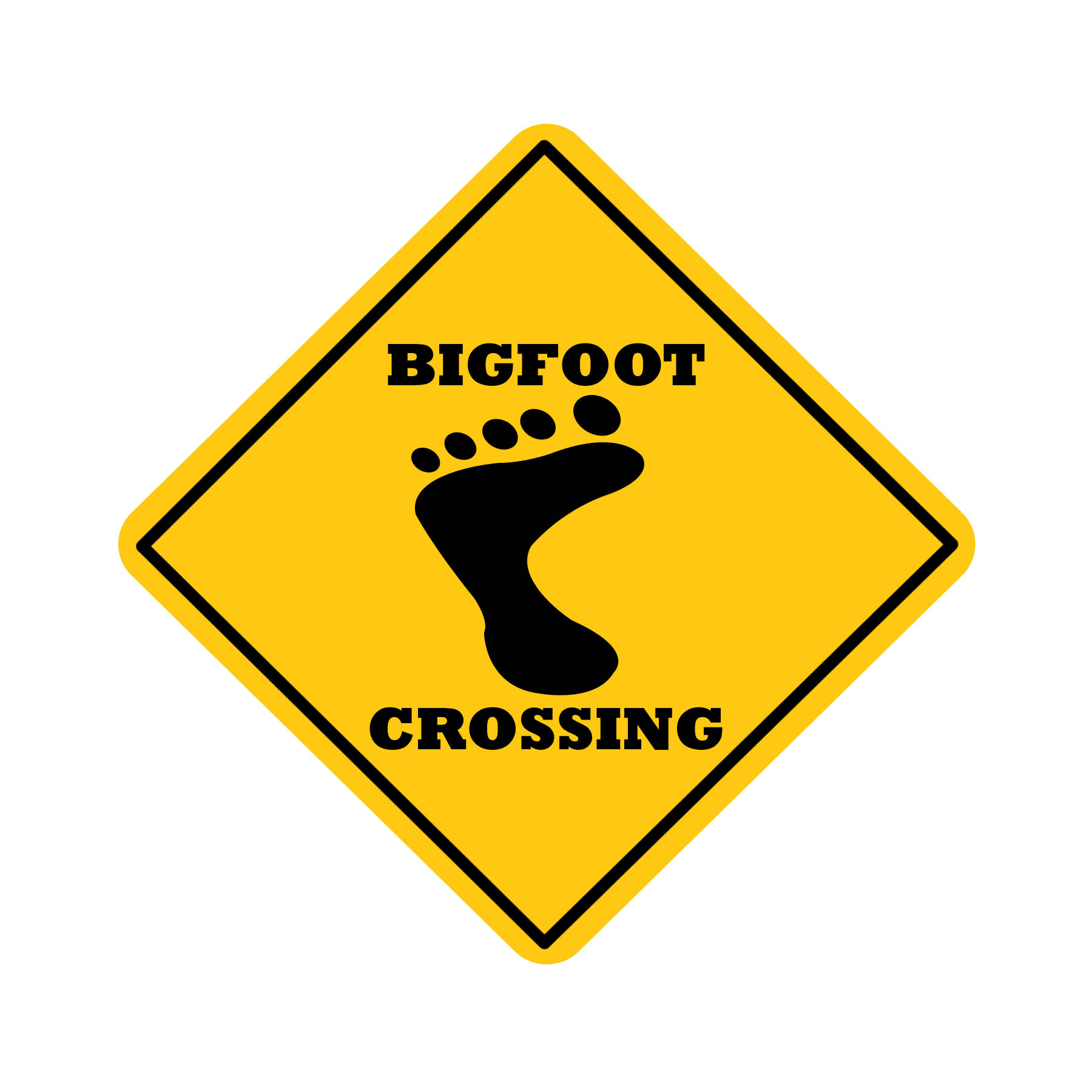Demons!
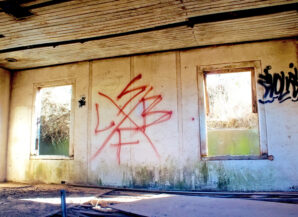
Ghosts don’t exist. They simply are not real. When a person dies, they cease to be—unless you’re religious, then you have either heaven or hell. Dead people don’t wander around on planet Earth, hiding out in rundown old farm houses. They just don’t. My mother told me so a hundred times. So did my father.
Demons, well, they’re a different thing altogether.
I saw it at the bottom of the list. My name, Jessa Leaner, big and bold in the late summer sunlight, showing I’d be one of the fortunate ones. I’d be sitting in Mrs. Corner’s class for my fifth grade year. That meant other kids, those less fortunate ones, would be forced to endure an entire school year under the rule of fat Miss Biddlewine. After all, Conklin Elementary School had just two fifth grade classrooms. A kid’s entire well-being depended upon the fate tossed at him or her by those in charge of assigning students to teachers.
Mrs. Corner, she’d been at it since my own parents had made their way through fifth grade; a kindly sort—not at all different from my own grandmother. Her classroom rested beneath a cozy atmosphere, with posters on the walls encouraging reading and writing and believing that anything and everything is possible for those who dared apply the effort. An aquarium at the rear of the room flashed the brilliant colors of exotic fish not native to our area—reds and blues and greens and yellows. Jiminy the gerbil worked furiously on the wheel inside a cage next to the fish tank—as if he, alone, powered the very lights overhead.
There weren’t enough desks, though. Four neat rows of sixes added up to just twenty-four. Three of us didn’t get there early enough to secure our places.
“There’s room in Miss Biddlewine’s class,” Mrs. Corner explained, dismissing the overflow of kids standing at the back of the room.
Tommy Richter grinned at me from his seat, said, “Shit out of luck, Leaner. Off to the dungeon.”
Three of us were forced to make the slow march down the hallway to the cold, bland, fishless, gerbil-less, poster-less confines belonging to the one nicknamed The Beast.
It didn’t take long for me to wind up on the bad side of Miss Biddlewine. An A+ book report suffered with the markings of a D- after The Beast had become convinced that I hadn’t fully read the assigned novel. But I had read it—the year before. So what if I forgot about the little twist at the end?
“You’re a lying little cheat,” she told me to my face.
“Am not,” I argued.
Detention followed; a full week of missed recesses.
“I hate her,” I told Shasta Cummings on the bus ride home from school that day.
Shasta said, “You do not.”
We’d been best friends since before kindergarten, me and Shasta—even though we’re complete opposites. Shasta, tall and blond and beautiful, scored all A’s on her report cards and never spoke a bad word against anybody. Me? Short with brunette hair chopped in a pixie cut. And my grades, well, they were nearly as bad as my attitude—if you believed my mother.
“Okay,” I relented, “maybe I don’t hate her. Maybe I just don’t like her very much.”
The bus trundled down Grove Road past the old Fielding place. All eyes aboard the bus turned fearfully on the abandoned farm house. Nobody but squatters had bothered with the place since Elmer Fielding took a hammer and caved in the heads of his wife and three young children before shooting himself in the temple some thirty years earlier.
“We’re going to stay the night in there on Halloween,” Shasta boldly proclaimed.
Tommy Richter didn’t believe a word of it. “Horse shit!” he spat. “Ain’t nobody got guts enough to go in there at night. Even those squatters make sure they’re out before sundown.”
I had to side with Tommy on that one. Shasta had been saying we’d stay the night in the old Fielding place every Halloween since second grade. We never did, though.
Tommy’s the one who brought it up. He said, “You know, Fieldings and Biddlewines are blood related.” He shifted in his seat across the aisle from me and Shasta. “Rumor has it that Miss Biddlewine’s mother was a Fielding.”
“So what?” I retorted. “What’s that got to do with the price of tea in China?”
“Means she might have it in her to just up and snap one day,” Tommy explained, ambling toward the door to get off at his stop. “Crazy runs in families, I hear.”
* * *
I didn’t mean to say it out loud; it just sort of slipped past my lips and found its way into Miss Biddlewine’s ears. Write an essay on what we hope to be when we grow up, she told the class.
Simple enough; I wanted to move to Hollywood and be an actress, I wrote. It’s a dream I’d nurtured since the first time I ever saw The Wizard of Oz on TV. I yearned to be Dorothy, just wandering along my own yellow brick road. It didn’t matter that I’d never acted in anything—I was simply too petrified to try out for the school plays year after year.
Miss Biddlewine’s beady black gaze fixed on me like I’d brought a plague into her classroom. “You’re joking, right?” she said. “A Hollywood actress? You? No, ma’am. An actress must be pretty and talented. You, Jessa Leaner, are neither. I suspect you’ll amount to little more than a housewife to one of the local farmer boys. That will be your lot in life.”
Anger got hold of me, convincing me that this was not the time to cry. Not in front of The Beast.
As I said, I didn’t mean to say it out loud.
But the words fell out anyway.
Loud and hate-filled came my voice. “I hope you die!”
Gasps filled the room, sucking all the breathable air from my lungs. I wanted to apologize right there on the spot. But the thing about pride, well, pride is an obstacle.
Pride goeth before destruction.
Miss Biddlewine didn’t react—at least not the way I figured she might. She simply dismissed me and called up the next student.
* * *
We all knew something bad had happened when we found Principal Goresline, rather than a substitute teacher, occupying Miss Biddlewine’s desk.
“Died during the night,” he said, his words fluttering above my head like evil accusing butterflies.
All those other kids looked on me as if I’d gone to Miss Biddlewine’s house myself and did away with her.
The accusation from my conscience found its mark. My fault!
“She was fat,” said Shasta. “She had a heart attack. You can’t blame yourself because she ate too much.”
But I’d said those words. I’d said them aloud.
Spoken words can never be taken back.
* * *
“It’s a Ouija board,” Shasta announced, cradling the box like she would a newborn baby. “We’ll use it to conjure up Miss Biddlewine when we stay in the Fielding place tonight.”
“My parents won’t let me be out all night,” I argued, hoping to talk her out of such a foolish notion.
“They’ll never even know. You’re telling them we’re staying at my house, and my parents will think I’m staying with you.”
I needed to know. I needed to ask Miss Biddlewine if she blamed me for her death.
“Does that thing work?” I wondered aloud, nodding at the box.
Shasta’s reply came adamant, certain. “Of course it works. My cousin Janet used it to talk to our grandmother last Halloween. She asked private questions and the board answered correctly. It had to be Grandma because nobody else could have known the answers.”
We walked up on the Fielding place just as the sun dropped below the horizon, leaving the sky streaked through with purple. First-floor windows had long-ago been busted out by teenagers using the place for a hangout. Graffiti on the walls told tales about this girl or that one who might do things I’d never heard of before. Spent cigarette butts and empty beer cans littered the creaky floor.
“We’ll sleep upstairs,” Shasta said. “It’s not as dirty up there.”
Water stains painted ghostly images on the ceiling where the elements breached the leaky roof. Half-burned logs clogged a small fireplace inside the bedroom we claimed.
“Can you build a fire?” Shasta asked.
I tossed up a shrug, said, “Maybe we shouldn’t.”
I’d long ago learned to hate that dismissive tsk sound Shasta often employed. She knew as well as I did that I’d give in.
“Fine,” I huffed, “—but I ain’t taking the blame if this place burns down.”
* * *
Shadows came out against the orange glow. Teasing dark shapes danced in corners, mocking our false bravado.
“Do you suppose he killed somebody in this room?” Shasta wondered.
He did; one kid in each bedroom as they slept. The wife, she’d been found in the kitchen. Fielding killed her as she prepared breakfast for her family.
We sat Indian style, facing each other, in front of the fire. The Ouija laid claim to the space between us. Candy bars and soda pops kept us in comfort.
Simple questions were asked as a means to calibrate the spirits. The oracle moved to either yes or no, depending on the knowledge we’d sought.
Shasta took control once we were satisfied we’d connect with somebody.
She asked, “Can we speak to Miss Biddlewine?”
The oracle slid across the board. Yes.
“I didn’t mean it,” I whined, hoping Miss Biddlewine herself might be listening. “Honest.”
Letters began to pile up beneath the oracle, spelling out words I didn’t want to know. KILL came first. Then, DEMON; DEATH and BLOOD followed.
“This ain’t Miss Biddlewine,” Shasta assured me.
I flung an accusation at her. “You’re the one moving that stupid thing, aren’t you?”
“I swear I’m not,” Shasta promised.
All that soda pop and a case of the nerves got to me. “I gotta pee,” I told her, gaining my feet.
“Hafta go outside,” Shasta said. “Somebody smashed the toilet.”
“Come with?” I asked, hoping to hide the pleading in my voice.
But Shasta wouldn’t budge. The comfort of her sleeping bag won out over friendship.
Under my breath, I said, “I hope they get you.”
The stairs creaked beneath my feet. Darkness swallowed the main floor rooms. Outside, thick black clouds blotted out the moonlight. The night air had gone to a damp chill.
In the back of my head I could hear my mother’s voice. Be quick about it!
Just beyond the back door I popped the snap and pulled my jeans down. That’s when I heard it—heard them. Those whispered voices mocking me from somewhere inside that old death house. Shadows moved through the kitchen like tall dark ghosts, vaguely human in shape. I counted two of them against the blackness.
“Come inside,” a whispered voice seemed to say.
Long, twisted fingers gripped the door frame.
A face, gaunt and hollow, peered out at me, watching me through black pools of nothingness where the eyes were meant to be.
I have no recollection of yanking my pants up; just of running across a field of soy beans, stumbling blindly toward my house.
My mother opened the door, said, “I thought you were staying at Shasta’s house.”
“Decided not to,” I replied, slipping words between puffs of breath.
“Shoulda called; I’d have sent Daddy to pick you up. A girl shouldn’t be wandering around at night.”
I could still see that face: the empty gaze, protruding cheek bones, and the way its tongue dangled between cracked lips. Had he been one of Fielding’s victims? A son, maybe?
* * *
Shasta’s parents came looking for her the following day.
I don’t know why but I told them everything. I told them about staying at the Fielding place, the Ouija board, seeing the demon in the window.
They found Shasta’s body in the room we’d shared. She’d been abused in ways you’d expect to read about on graffiti-covered walls.
Squatters, the police claimed. Drug addicts, judging by all the needles found.
I knew better, though. I’d seen the culprits.
Demons.

